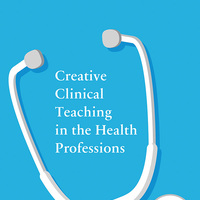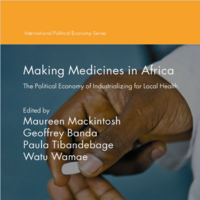Search
Books+
Searching 1,73 books
Search related to the career Clinical Research Pharmacist
Experience Required to Become a Clinical Research Pharmacist
To become a Clinical Research Pharmacist, several key experiences are necessary. These experiences typically include:
1. Educational Background: A Doctor of Pharmacy (Pharm.D.) degree is required to become a Clinical Research Pharmacist. This involves completing a four-year undergraduate program followed by a four-year professional pharmacy program.
2. Pharmacy Licensure: Obtaining a valid pharmacy license is essential. This typically involves passing the North American Pharmacist Licensure Examination (NAPLEX) and a state-specific pharmacy law examination.
3. Clinical Pharmacy Experience: Gaining experience as a practicing pharmacist is crucial. Working in various healthcare settings, such as hospitals, clinics, or community pharmacies, helps develop the necessary clinical skills and knowledge.
4. Research Skills: Developing research skills is vital for a Clinical Research Pharmacist. This can be achieved through involvement in research projects during pharmacy school or through postgraduate research opportunities.
5. Knowledge of Clinical Research: A strong understanding of clinical research methodologies, regulations, and ethical considerations is essential. Familiarity with Good Clinical Practice (GCP) guidelines and regulations set by regulatory authorities is necessary.
6. Communication and Collaboration: Effective communication and collaboration skills are crucial for a Clinical Research Pharmacist. They must be able to work with interdisciplinary teams, communicate research findings, and collaborate with investigators, sponsors, and regulatory authorities.
7. Data Analysis: Proficiency in data analysis is important for interpreting research results and drawing meaningful conclusions. Knowledge of statistical software and research data management is beneficial.
8. Continuing Education: Staying updated with the latest advancements in clinical research and pharmacy practice is essential. Engaging in continuing education activities, attending conferences, and participating in professional organizations can help maintain knowledge and skills.
It is important to note that specific requirements may vary depending on the country, institution, or employer. Therefore, individuals interested in pursuing a career as a Clinical Research Pharmacist should research the specific requirements in their desired location.
Source: Various AI tools
Searched in English.







